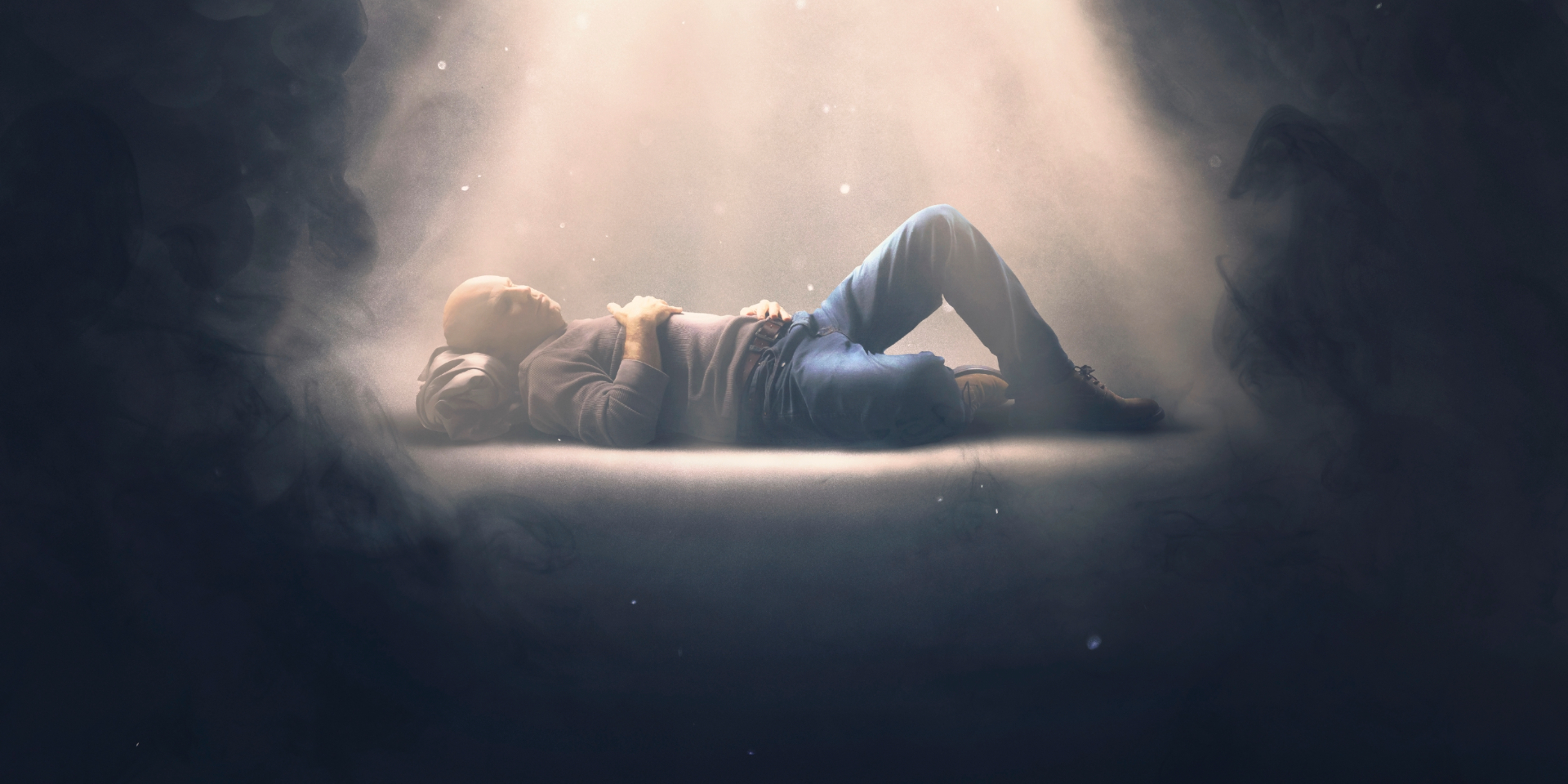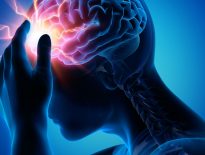There are a number of beliefs and practices around sleep that have been created and followed by many people, but which science has shown to be false and even dangerous for those who follow them.
Many people believe that the hours of sleep they miss during the week can be made up for by sleeping in at the weekend, but experts disagree. Dr Robert Stickgold, an expert in sleep science at Harvard, called this habit “sleep bulimia”. It not only affects sleep quality, but also circadian rhythms, he told Web MD.
It is very hard to cheat the sleep system. Sooner or later, you pay the price. It takes longer to make up for lost sleep than previously thought, says Professor David Dinges of the University of Pennsylvania School of Medicine, quoted by USA Today. Another consequence of sleeping in on days off is the vicious circle created by the difficulty of falling asleep at the right time for a restful sleep.
Another myth is that sleeping more is synonymous with better health. Studies have shown that oversleeping can increase the risk of chronic diseases such as cardiovascular disease, diabetes and obesity. As with sleep deprivation, oversleeping can prematurely age the brain by about seven years, experts at University College London’s School of Medicine have found, reports The Independent.
Another common misconception is that you should sleep to give your brain a rest. In fact, although the brain recovers during sleep, it is still “working” and responsible for vital bodily processes such as breathing, say experts from the US-based National Sleep Foundation. Sleep does, however, play a vital role in brain health, helping to protect the cells that make up the myelin sheath that protects the brain’s circuitry, say experts at the University of Wisconsin. Other research also shows that sleep triggers a process that helps the brain cleanse itself of waste accumulated during wakefulness. This is all the more important because the accumulation of these toxins increases the risk of Alzheimer’s disease.
People who can’t fall asleep often use the “sheep-counting” technique, but researchers at Oxford University have found that it’s not nearly as effective as it’s made out to be. Instead, they have discovered a better way and recommend that insomniacs imagine relaxing and calming environments, such as a waterfall or a day on holiday. “Picturing an engaging scene takes up more brain space than the same dirty old sheep. Plus it’s easier to stay with it because it’s more interesting. Counting sheep is just too mundane to effectively keep worries away,” one of the study’s authors, Allison Harvey, told New Scientist.
Finally, not even the advice to drink a glass of milk—which is commonly believed to help people with sleep problems fall asleep—works. Milk has earned its reputation as a silver bullet for a good night’s sleep because it contains tryptophan. This amino acid plays an important role in the production of serotonin, a neurotransmitter involved in sleep. But this is not the case for milk, according to a study by experts at the Massachusetts Institute of Technology. They found that the effect of the amino acid is reduced when protein-rich products are consumed. Instead, they found that insulin helps tryptophan get to the brain, which is why they recommend carbohydrate-rich foods, notes The New York Times.
Dr Art Spielman, a sleep expert and professor of psychology at the City University of New York, disagrees that tryptophan in food causes sleepiness. Foods that contain tryptophan do not produce the hypnotic effects that pure tryptophan does because other amino acids in the food compete to get to the brain, he told Eating Well.


















